
The Picture with the Most Exciting Story of Our Time!
By the start of World War II, Paul Robeson had given up his lucrative mainstream work to participate in more socially progressive film and stage productions. Robeson committed his support to Paul Strand and Leo Hurwitz’s political semidocumentary Native Land. With Robeson’s narration and songs, this beautifully shot and edited film exposes violations of Americans’ civil liberties and is a call to action for exploited workers around the country. Scarcely shown since its debut, Native Land represents Robeson’s shift from narrative cinema to the leftist documentaries that would define the final chapter of his controversial film career.
Similiar movies
Salt of the Earth
At New Mexico's Empire Zinc mine, Mexican-American workers protest the unsafe work conditions and unequal wages compared to their Anglo counterparts. Ramon Quintero helps organize the strike, but he is shown to be a hypocrite by treating his pregnant wife, Esperanza, with a similar unfairness. When an injunction stops the men from protesting, however, the gender roles are reversed, and women find themselves on the picket lines while the men stay at home.
I'm All Right Jack
Naive Stanley Windrush returns from the war, his mind set on a successful career in business. Much to his own dismay, he soon finds he has to start from the bottom and work his way up, and also that the management as well as the trade union use him as a tool in their fight for power.
Listen to Britain
A depiction of life in wartime England during the Second World War. Director Humphrey Jennings visits many aspects of civilian life and of the turmoil and privation caused by the war, all without narration.
10,000 Black Men Named George
In the 1920s, the rights of American workers to join a labor union was still considered an open question, and African-Americans were routinely denied their civil and economic rights. 10,000 Black Men Named George, the title, refers to the fact Pullman porters were often called "George" by white passengers, which was considered a racial slur.
The Trials of Alger Hiss
Documentary by lifelong friend that supports the innocence of Alger Hiss (convicted in January 1950 on two counts of espionage-related perjury)
Dolores
Dolores Huerta bucks 1950s gender conventions by starting the country's first farm worker's union with fellow organizer Cesar Chavez. What starts out as a struggle for racial and labor justice, soon becomes a fight for gender equality within the same union she is eventually forced to leave. As she wrestles with raising 11 children, three marriages, and is nearly beaten to death by a San Francisco tactical police squad, Dolores emerges with a vision that connects her new found feminism with racial and class justice.
Swing Shift Maisie
Street-smart Maisie from Brooklyn lands a job at an airplane assembly plant during WWII and falls in love with handsome pilot "Breezy" McLaughlin. Breezy, however, falling in love with and getting engaged to Maisie's conniving roommate Iris, doesn't realize she's using him and it's up to Maisie to convince him.
Cesar Chavez
A biography of the civil-rights activist and labor organizer Cesar Chavez. Chronicling the birth of a modern American labour movement, Cesar Chavez tells the story of the famed civil rights leader and labour organiser torn between his duties as a husband and father and his commitment to securing a living wage for farm workers. Passionate but soft-spoken, Chavez embraced non-violence as he battled greed and prejudice in his struggle to bring dignity to working people.
American Reds: The Failed Revolution
The documentary AMERICAN REDS provides a historical overview of 20th century Communism and the growth, decline and contemporary relevance of the Communist Party, USA (CPUSA). Since its founding in 1919, the CPUSA has championed the struggles for democracy, labor rights, women’s equality, and racial justice. During its heyday in the 1930s and 1940s, it attracted millions of Americans to support its causes and almost 100,000 men and women to enlist in its ranks. The film begins with the Party's emergence as a small militant sect in the 1920s and documents its rise to the foremost radical group in the United States during the Great Depression, fighting against racism, sexism and fascism, as well as for the rights of workers to organize. It ends with the decline of the Party during the Cold War under the assaults of the FBI and anti- communist crusades.
Land of Liberty
This film tells the history of the United States from pre-Revolution through 1939.
Together We Live
A ham-handed cautionary fable against communism, the film concerns a group of Civil War veterans who are appalled by the burgeoning radical movement in America.
Prelude to War
Prelude to War was the first film of Frank Capra's Why We Fight propaganda film series, commissioned by the Pentagon and George C. Marshall. It was made to convince American troops of the necessity of combating the Axis Powers during World War II. This film examines the differences between democratic and fascist states.
Seeing Red: Stories of American Communists
A unique documentary that looks at the political activities of the American Communist Party in the early to mid-twentieth century.
Similiar TV Shows
Drunk History
Historical reenactments from A-list talent as told by inebriated storytellers. A unique take on the familiar and less familiar people and events from America’s great past as great moments in history are retold with unforgettable results.
The World at War
A documentary series that gives a historical account of the events of World War II, from its roots in the 1920s to the aftermath and the lives it profoundly influenced.
The Spanish Civil War
Documentary series which uses film and eyewitness accounts from both sides of the conflict that divided Spain in the years leading up to World War Two, also placing it in its international context.
God in America
God in America explores the tumultuous 400-year history of the intersection of religion and public life in America, from the first European settlements to the 2008 presidential election. This series examines how religious dissidents helped shape the American concept of religious liberty and the controversial evolution of that ideal in the nation's courts and political arena; how religious freedom and waves of new immigrants and religious revivals fueled competition in the religious marketplace; how movements for social reform -- from abolition to civil rights -- galvanized men and women to put their faith into political action; and how religious faith influenced conflicts from the American Revolution to the Cold War.
Apocalypse: The Rise of Hitler
Adolf Hitler (1889-1945) was a mediocre who rose to power because of the blindness and ignorance of the Germans, who believed he was nothing more than an eccentric dreamer. But when the crisis of 1929 devastated the economy, the population, fearful of chaos and communism, voted for him. And no one defended democracy. As the dictatorship extended its relentless shadow, the leader claimed peace, but was preparing the Apocalypse.
The Roosevelts: An Intimate History
Chronicles the lives of Theodore, Franklin and Eleanor Roosevelt, three members of the most prominent and influential family in American politics. It is the first time in a major documentary television series that their individual stories have been interwoven into a single narrative. This seven-part, fourteen hour film follows the Roosevelts for more than a century, from Theodore’s birth in 1858 to Eleanor’s death in 1962.
The Great Depression
A 7-part series telling dramatic and diverse stories of struggle and survival during the worst economic crisis in U.S. history. From the producers of Eyes on the Prize, this series was met with critical acclaim and won both an Emmy Award for writing and a duPont-Columbia Award.
Blood and Fury: America's Civil War
It was the war that divided our nation, a brutal and savage feud that changed America forever. Pitting brother against brother, the Civil War was our country's greatest internal struggle, as friends became foes in a conflict that brought a country to its knees then ultimately reunited it. Now, American Heroes Channel (AHC) transports viewers back to that pivotal era in the exclusive new series, Blood and Fury: America's Civil War. Premiering Wednesday, December 14 at 10/9c, the series chronicles the definitive story of one of the most extraordinary and bloodiest chapters in American history. "At AHC, our programming is anchored by real stories of conflict, action and heroism, none of which defined our nation more than the Civil War," said Kevin Bennett, executive vice president and general manager, American Heroes Channel. "With a high-end, cinematic experience, Blood and Fury: America's
The Vietnam War
An immersive 360-degree narrative telling the epic story of the Vietnam War as it has never before been told on film. Featuring testimony from nearly 80 witnesses, including many Americans who fought in the war and others who opposed it, as well as Vietnamese combatants and civilians from both the winning and losing sides.
World War Two
Follow the deadliest conflict in human history in real time, week by week, blow by blow.
A More or Less Perfect Union
Hosted by Judge Douglas H. Ginsburg, A More or Less Perfect Union features perspectives and interviews from constitutional experts of all stripes - liberal, conservative and libertarian - examining the key issues of liberty: freedom of religion and press, slavery and civil rights, the Second Amendment, separation of powers and more. Constitutional experts, citizens and in dramatic recreations, the Framers themselves--weigh in on the unique document, the rule of law, the three branches of government separated to prevent tyranny, and the debate over originalism versus a living Constitution.
Dark Winds
This psychological thriller follows two Navajo police officers, Leaphorn and Chee, in the 1970s Southwest as their search for clues in a grisly double murder case forces them to challenge their own spiritual beliefs and come to terms with the trauma of their pasts.
The U.S. and the Holocaust
Inspired in part by the United States Holocaust Memorial Museum’s “Americans and the Holocaust” exhibition and supported by its historical resources, this documentary series examines the rise of Hitler and Nazism in Germany in the context of global antisemitism and racism, the eugenics movement in the United States, and race laws in the American south.

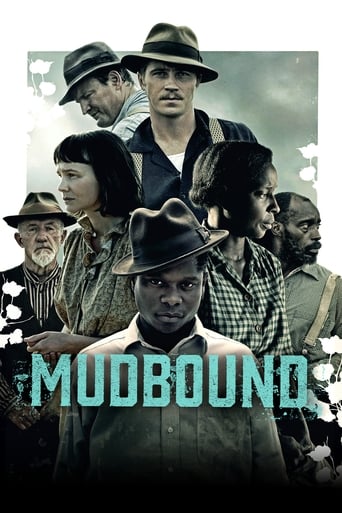



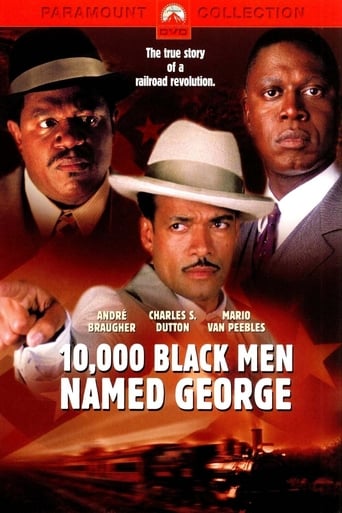



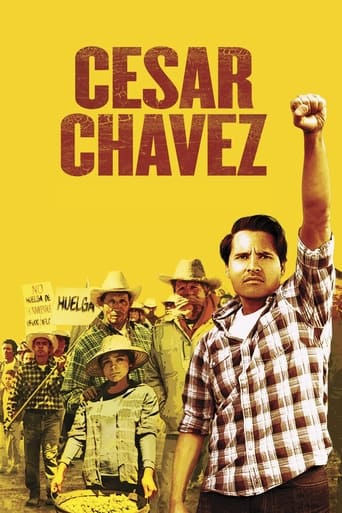



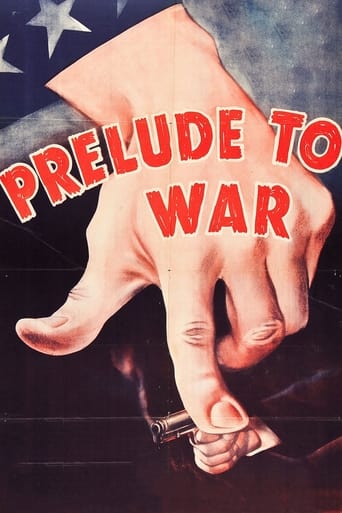
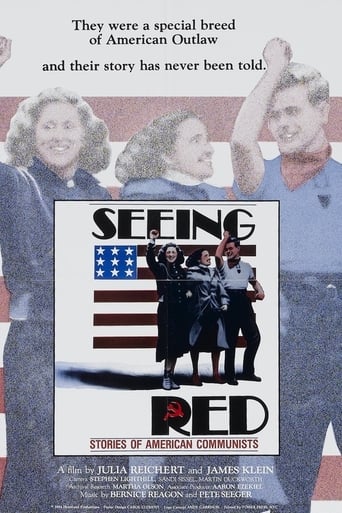
















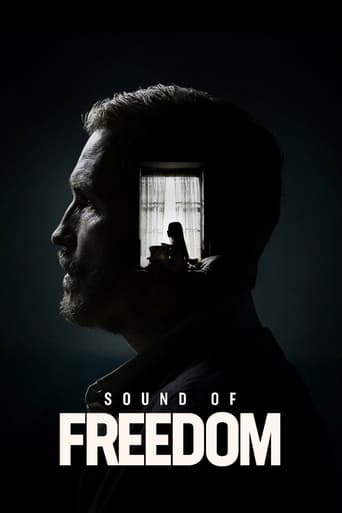

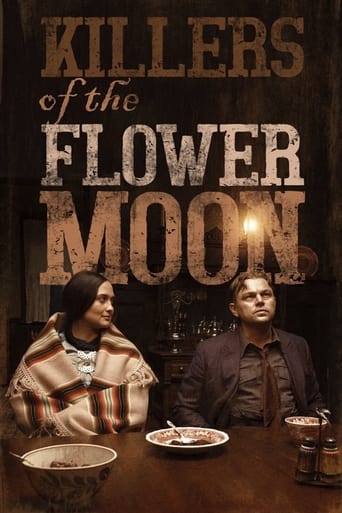


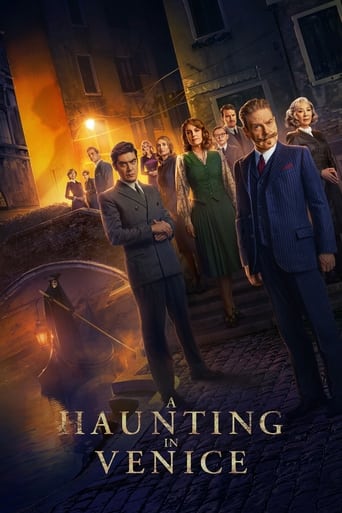

Bread and Roses
Maya is a quick-witted young woman who comes over the Mexican border without papers and makes her way to the LA home of her older sister Rosa. Rosa gets Maya a job as a janitor: a non-union janitorial service has the contract, the foul-mouthed supervisor can fire workers on a whim, and the service-workers' union has assigned organizer Sam Shapiro to bring its "justice for janitors" campaign to the building. Sam finds Maya a willing listener, she's also attracted to him. Rosa resists, she has an ailing husband to consider. The workers try for public support; management intimidates workers to divide and conquer. Rosa and Maya as well as workers and management may be set to collide.